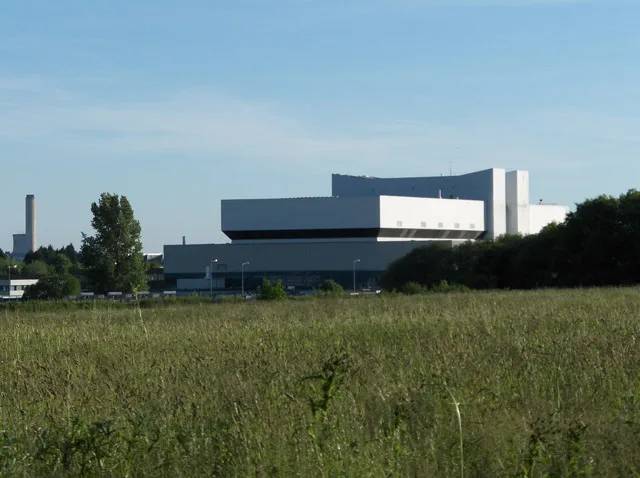PTSG is privileged to work on some of the UK’s most outstanding and iconic buildings. From historic castles and monuments to cutting-edge skyscrapers, we are proud to play our part in ensuring they are safe and protected, clean and operationally efficient.
Culham Campus is owned and managed by the United Kingdom Atomic Energy Authority (UKAEA) and sited in one of the most successful science locations in the country. Along with other public and private sector organisations in the area, it collaborates with Science Vale UK to promote southern Oxfordshire as a global hotspot for enterprise and innovation in science, high technology and the application of knowledge.
Culham Campus, formerly known as the Royal Naval Air Station HMS Hornbill, has a rich history dating back to its commissioning in 1944. In the late 1950s, the UKAEA selected Culham as an ideal location for a state-of-the-art laboratory dedicated to plasma physics and fusion research. Construction began in the early 1960s, and the laboratory officially opened in 1965. Today, Culham Campus is home to the largest Fusion Technology Cluster and supporting fusion energy technologies.
The UKAEA’s programmes include the MAST Upgrade (Mega Amp Spherical Tokamak) experiment and JET (Joint European Torus) fusion research facility. The other is STEP, an abbreviation for Spherical Tokamak for Energy Production. STEP is an ambitious programme to accelerate the delivery of fusion energy, with plans to deliver a prototype powerplant.
Engineers from PTSG Access & Safety Ltd will install a number of ladders to the exterior of the building. This helps maintenance operatives to gain safe access to the roof when carrying out vital preservation work on the building.
For PTSG, access and safety encompass all types of equipment that allows engineers safe access all areas of any building. This is done with the aim to carry out specialist services. These range from testing and certification of roof anchor points to the servicing and maintenance of the world’s largest BMUs.
Image: Andrew Smith. Shared under Creative Commons Licence.



